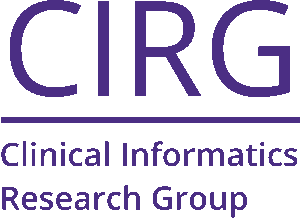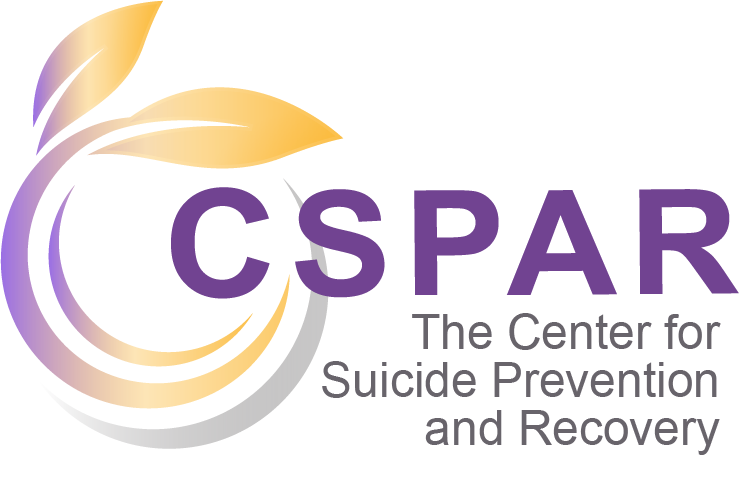Welcome to the Caring Contacts Toolkit. The goal of this toolkit is to help you think through how to plan a Caring Contacts program at your organization, clinic, or program.
-
We will provide you with:
- Background information to help you understand the Caring Contacts intervention,
- Why and how Caring Contacts works, and
- Suggestions for how best to implement the intervention with your organization's clients.
In addition, we address topics that you and your organization will want to consider while implementing Caring Contacts. These are your choices and there is no right answer, but we’ve included some key points to consider as well as pros and cons of different decisions to think through and discuss as you plan your Caring Contacts program.
Our goal for this toolkit is to provide the most up to date information on the implementation and effectiveness of this intervention. Periodic updates may be made to the content within this toolkit.
Last Updated: January 2026
What Are Caring Contacts?
Caring Contacts are brief, periodic messages sent over 1-2 years that express unconditional care and concern. This intervention has been shown to reduce suicide, suicide attempts, and suicide ideation, is cost-effective, and is recommended by multiple clinical practice guidelines.

At a glance: Benefits and Investment
With as few as one or two staff members, this intervention can reach anywhere from ten to over one thousand individuals. Upfront costs and ongoing requirements include staff hours to send and respond to messages and paying for the operating cost of the platform your organization chooses. For a more in-depth breakdown of these potential costs, click below.
A Practical Guide to Sending Caring Contacts
The Caring Contacts intervention can be easily implemented by organizations of all sizes and skill levels with some instruction up front. This guide offers advice and recommendations for all phases of design, planning, and implementation, along with guidance on developing and sending messages to individuals with varying levels of distress that follow the principles of Caring Contacts.

Mosio: A secure platform for delivering Caring Contacts via text
We have collaborated with Mosio (hyperlink to Mosio), a secure, scalable text-messaging platform, to develop a customized platform optimized for delivery of two-way Caring Contacts text messages. The Mosio User Guide for Caring Contacts includes:
- Steps on how to use pre-programed, modifiable sample Caring Contacts messages and schedules.
- A user guide with tips and tricks on Mosio customization
- Standard operating procedures to guide staff through daily processes
Quick Access to Downloadable Resouces
Caring Contacts Quick Reference Document
This is an editable guide for authors to have for daily reference while a Caring Contacts intervention is running.
Message Schedule Template Tool
This spreadsheet gives sample lists of messages of different content, frequency, and duration and calculates a sample schedule for you.
Decision Record Tool
Use this document to record your decisions as you go through the Practical Guide to Sending Caring Contacts.
More Resources
References used in this webpage and other useful resources for crisis prevention

About Us
The Center for Suicide Prevention and Recovery (CSPAR) partnered with with St. Luke’s Health System in Idaho and the Idaho Crisis and Suicide Hotline, the Clinical Informatics Research Group (CIRG), and experts in Human Centered Design and clinical decision support tools to develop this Caring Contacts toolkit.





